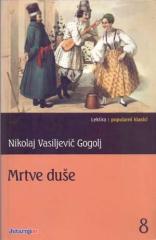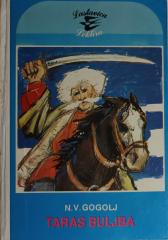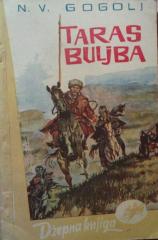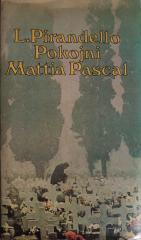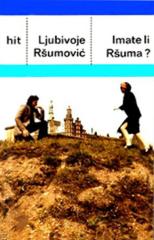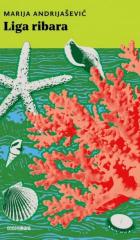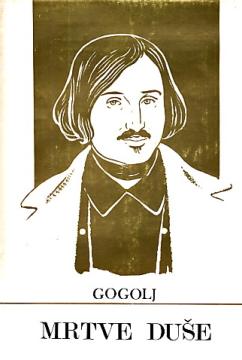
Mrtve duše
Mrtve duše (1842.) su briljantna satira koja kroz Čičikovljevu prevaru s mrtvim kmetovima razotkriva moralnu i društvenu trulež carske Rusije, uz Gogoljevu virtuoznu mješavinu humora, ironije i lirizma.
Roman "Mrtve duše" satirično je remek-djelo ruske književnosti koje kritizira društvene i moralne devijacije carske Rusije. Glavni lik, Čičikov, šarmantni prevarant, putuje provincijom kupujući "mrtve duše" – imena preminulih kmetova koji su još uvijek na popisima zemljoposjednika, a za koje se plaća porez. Njegov plan je iskoristiti te duše kao zalog za dobivanje kredita i bogaćenje.
Radnja prati Čičikova dok pregovara s raznovrsnim zemljoposjednicima, od škrte Korobočke do rasipnog Nozdrjova i melankoličnog Pljuškina. Svaki lik otkriva različite karaktere i slabosti ruskog društva – pohlepu, taštinu, glupost i moralni pad. Gogolj majstorski koristi humor i ironiju, stvarajući groteskne portrete koji oslikavaju korupciju i duhovnu prazninu. Čičikovljev naizgled besmisleni pothvat postaje metafora za trgovinu ništavilom u društvu bez vrijednosti.
Roman, zamišljen kao trilogija po uzoru na Danteovu Božanstvenu komediju, ostao je nedovršen. Prvi dio, jedini objavljeni, završava Čičikovljevim bijegom nakon što njegova prevara biva otkrivena. Gogoljev stil spaja realizam, satiru i lirične digresije, poput slavnog odlomka o Rusiji kao trojki koja juri u nepoznato.
Jedan primjerak je u ponudi
